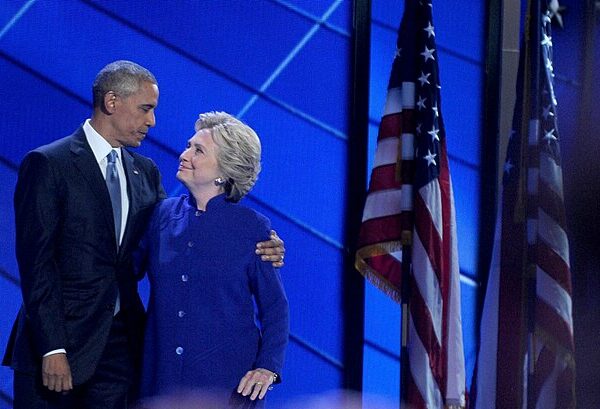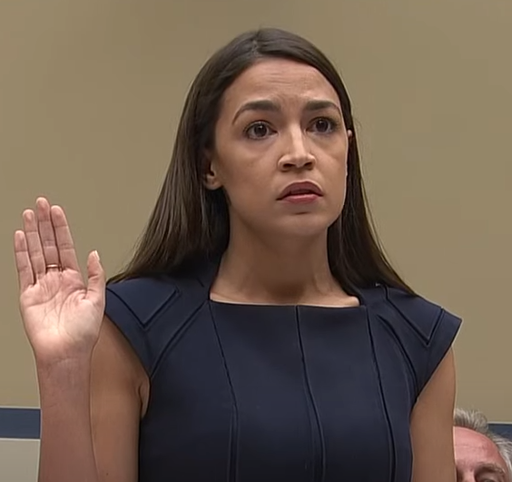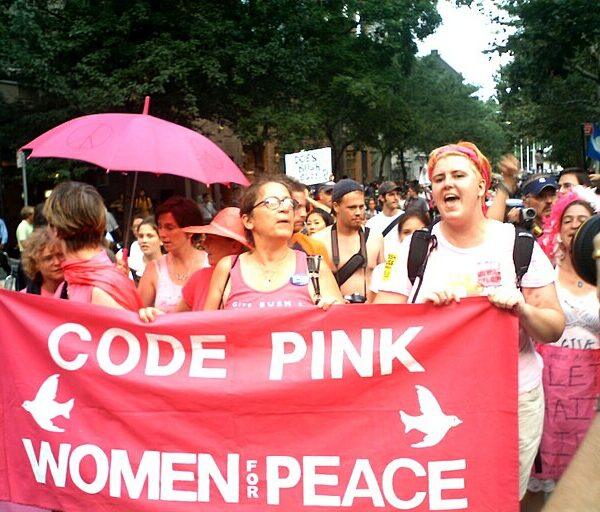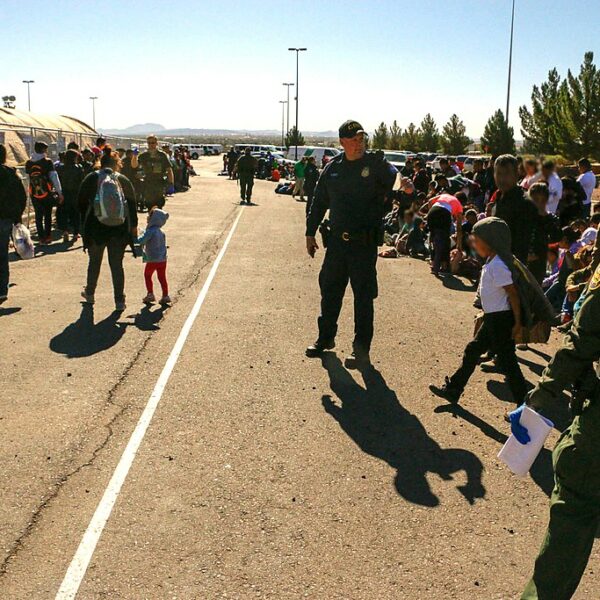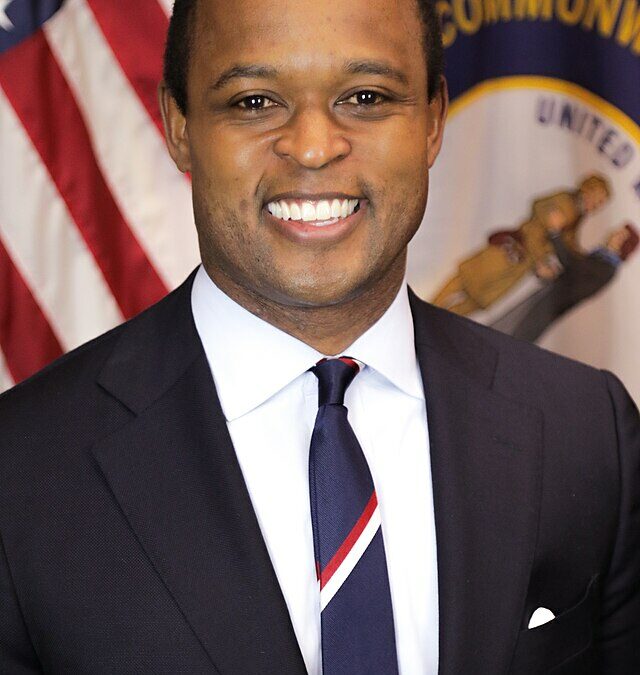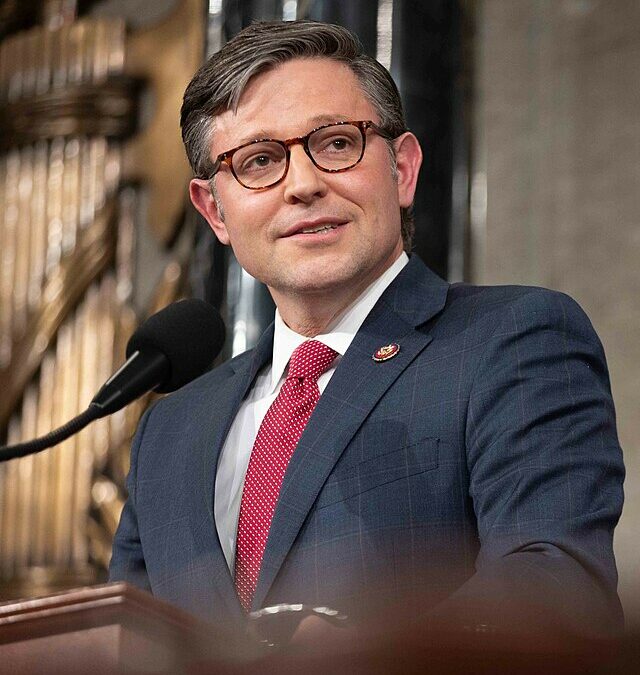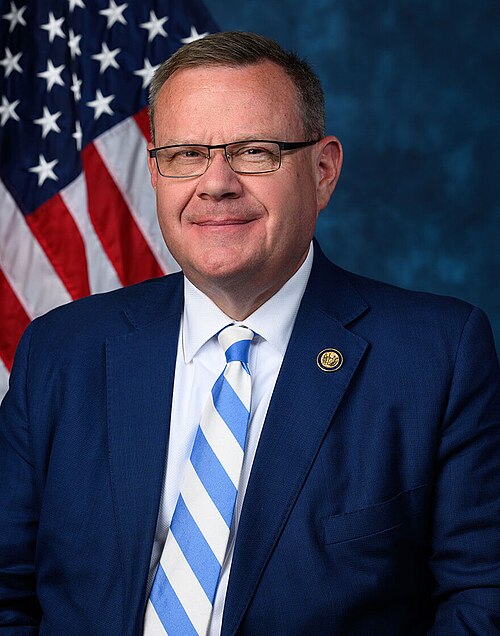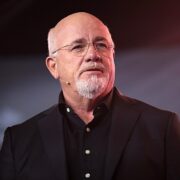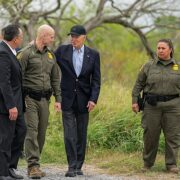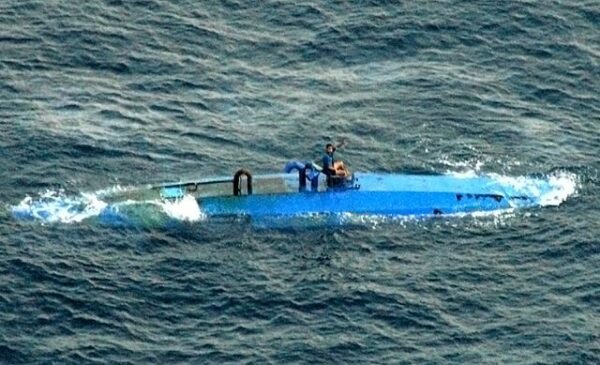
In a major escalation of U.S. efforts to confront Venezuela’s leadership, the Trump administration has granted the Central Intelligence Agency new covert powers to conduct operations targeting President Nicolás Maduro’s regime, according to a new report from The New York Times.
The move represents a turning point in Washington’s long-running campaign to dislodge Maduro, who faces accusations of drug trafficking and authoritarian rule. Officials said the classified directive—known within intelligence circles as a “presidential finding”—authorizes a range of clandestine actions across Venezuela and surrounding waters, though it remains unclear whether active missions have begun or if the authority serves primarily as contingency planning.
The disclosure comes as U.S. defense officials prepare potential response options for President Donald Trump’s review, which could involve targeted actions inside Venezuela. Roughly 10,000 American service members are now stationed in the region, most in Puerto Rico, alongside Marine detachments aboard amphibious vessels and naval forces that include eight warships and a submarine patrolling the Caribbean.
The Wall Street Journal noted that the “buildup in the Caribbean is the largest in the region in more than three decades, since the American invasion of Panama. And it isn’t over.
Since August, the Pentagon has deployed guided-missile destroyers, F-35B jet fighters, MQ-9 Reaper drones, P-8 Poseidon spy planes, assault ships and a secretive special operations ship. The buildup has occurred as the U.S. has carried out strikes on boats allegedly trafficking drugs, killing at least 21 people, including six on Tuesday in the latest strike on a vessel. President Trump has hinted that targets on Venezuelan territory could be next.”
Recent interdictions off Venezuela’s coast have turned deadly, with operations against suspected drug-smuggling boats leaving 27 people dead in recent weeks. The administration has framed the actions as proof of its “zero-tolerance” stance toward narcotics trafficking tied to Maduro’s inner circle.
Frustration in Washington has been mounting. Earlier this month, President Trump broke off negotiations with Caracas, citing Maduro’s refusal to resign and his continued denial of drug-trade involvement. The U.S. subsequently offered a $50 million reward for information leading to Maduro’s capture and prosecution on federal narcotics charges.
At the forefront of this campaign is Secretary of State and National Security Adviser Marco Rubio, who has labeled Maduro an “illegitimate” ruler and a “narcoterrorist.” The administration contends that Maduro directs the notorious Tren de Aragua criminal network, though intelligence assessments differ on the extent of his command.
In a classified notice to Congress last month, the White House described Venezuela-linked cartels as “nonstate armed groups” carrying out an “armed attack” on the United States—language meant to justify military engagement under war-powers doctrine. The justification has prompted scrutiny over its evidentiary basis, as Maduro’s government, elected in a disputed contest last year, maintains that Washington is attempting to nullify its mandate through coercion.
CIA Director John Ratcliffe, a central architect of the new directive alongside Rubio, has pledged to expand the agency’s global footprint. During his Senate confirmation hearing, he vowed to strengthen the CIA’s reach by “going places no one else can go and doing things no one else can do,” according to The Times. Though he has declined to discuss Venezuela, Ratcliffe’s leadership builds upon earlier counter-narcotics operations, including expanded drone surveillance programs over Mexico initiated under the prior administration.
Neither the White House nor the CIA commented on the reported authorization, which remains classified and shielded from public scrutiny. Congressional oversight is limited to closed-door briefings, and details seldom emerge beyond rare disclosures—such as the 2011 raid that killed Osama bin Laden.
The CIA’s renewed involvement in Latin America evokes a fraught Cold War history, the newspaper noted. Agency operations once helped topple Guatemala’s Jacobo Árbenz in 1954, fueled the ill-fated 1961 Bay of Pigs invasion of Cuba, supported repeated plots against Fidel Castro, and backed the overthrow of leaders from Brazil’s João Goulart to Chile’s Salvador Allende. The agency also aided the 1980s contra insurgency against Nicaragua’s Sandinistas.
Now, as U.S. forces assemble across the Caribbean, the latest authorization blurs the line between espionage and open intervention. Whether it hastens Maduro’s downfall—or deepens the region’s divisions—remains uncertain, but there’s a reason why the recent Nobel Peace Prize winner thanked Trump when she received the news.
[Read More: Dems May Sue To Stop Troop Pay]

